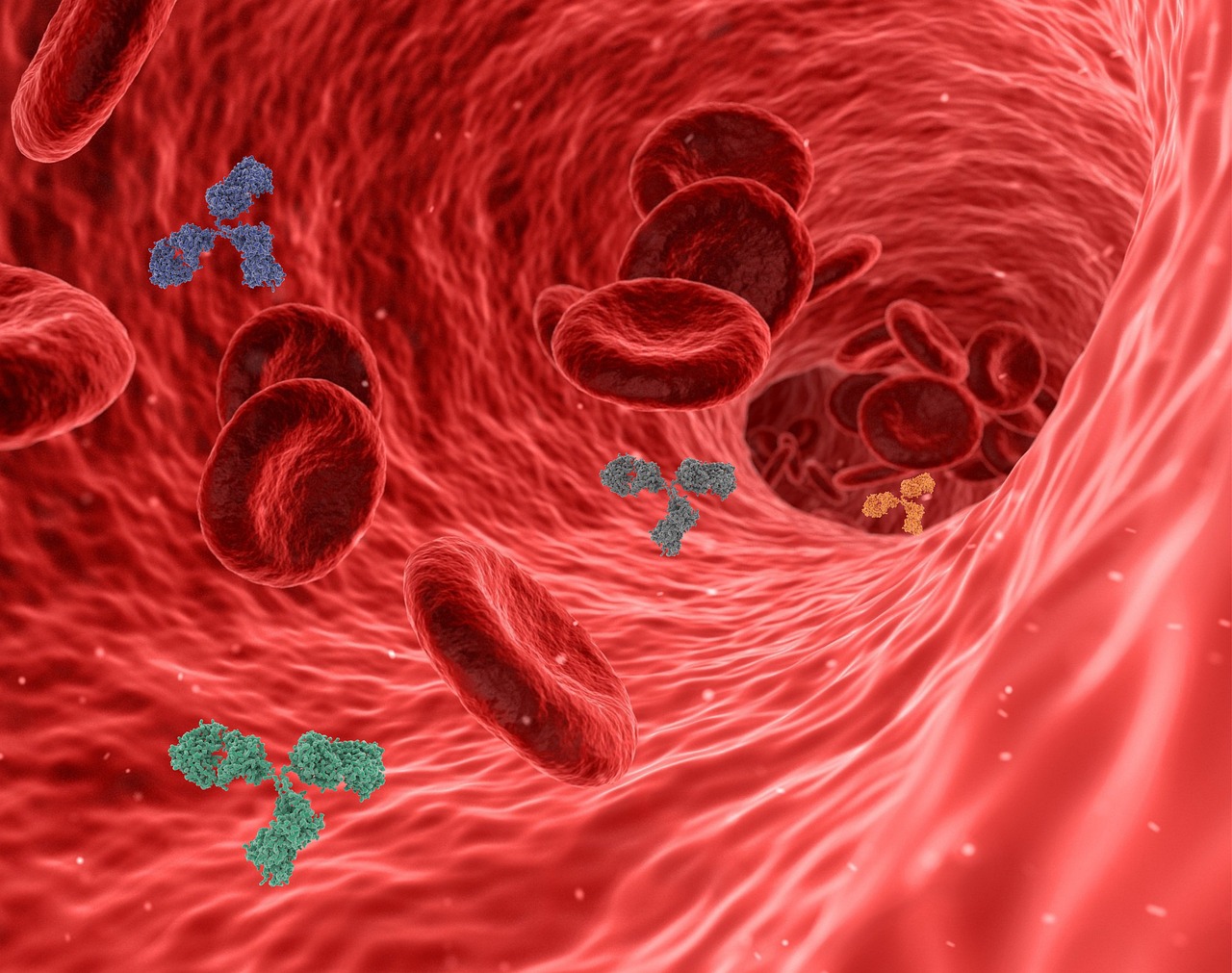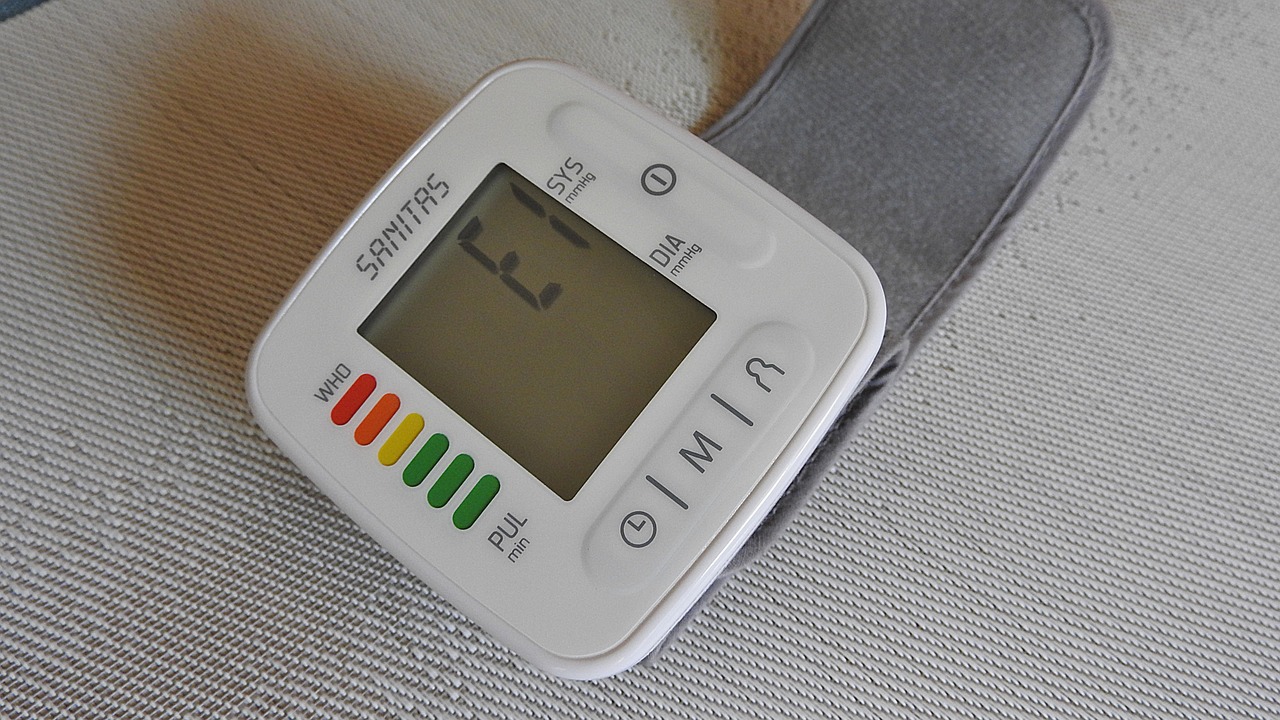Diet plays a crucial role in managing blood pressure levels. Certain foods and nutrients can have a significant impact on blood pressure, making dietary modifications an important aspect of hypertension management. Here are some key considerations regarding the role of diet in blood pressure management:
- Sodium Intake: High sodium intake is associated with increased blood pressure. It is important to limit the consumption of salty foods, processed foods, and added salt. The American Heart Association recommends consuming no more than 2,300 milligrams (mg) of sodium per day, and ideally, less than 1,500 mg for individuals with high blood pressure.
- Potassium-Rich Foods: Potassium helps counteract the effects of sodium on blood pressure. Consuming foods rich in potassium, such as bananas, oranges, leafy green vegetables, sweet potatoes, and yogurt, can help lower blood pressure. The recommended daily intake of potassium is around 2,500 to 3,000 mg.
- Magnesium and Calcium: Magnesium and calcium play roles in blood pressure regulation. Including foods rich in these minerals, such as nuts, seeds, legumes, whole grains, dairy products, and leafy green vegetables, can contribute to maintaining healthy blood pressure levels.
- DASH Diet: The Dietary Approaches to Stop Hypertension (DASH) eating plan is specifically designed to lower blood pressure. It emphasizes fruits, vegetables, whole grains, lean proteins, low-fat dairy products, and limits saturated fats, cholesterol, and sodium. The DASH diet has been shown to effectively reduce blood pressure.
- Limited Alcohol Consumption: Excessive alcohol intake can raise blood pressure. It is recommended to limit alcohol consumption to moderate levels—up to one drink per day for women and up to two drinks per day for men.
- Weight Management: Maintaining a healthy weight is important for blood pressure management. A balanced diet that is calorie-controlled, focuses on whole foods, and includes appropriate portion sizes can help achieve and maintain a healthy weight.
- Dietary Approaches: Other dietary approaches, such as the Mediterranean diet or the Dietary Approaches to Stop Hypertension (DASH) diet, have been associated with lower blood pressure levels. These diets emphasize whole foods, fruits, vegetables, lean proteins, and healthy fats.
It is important to note that dietary modifications should be personalized based on an individual’s specific health needs and in consultation with a healthcare professional or a registered dietitian. They can provide guidance and support in creating a tailored dietary plan to manage blood pressure effectively.
In conclusion, adopting a balanced diet that is low in sodium, rich in potassium, magnesium, and calcium, and aligns with dietary guidelines, can contribute significantly to blood pressure management. Combined with other lifestyle changes and, if necessary, medication, dietary modifications play a crucial role in promoting cardiovascular health and reducing the risk of hypertension-related complications.

